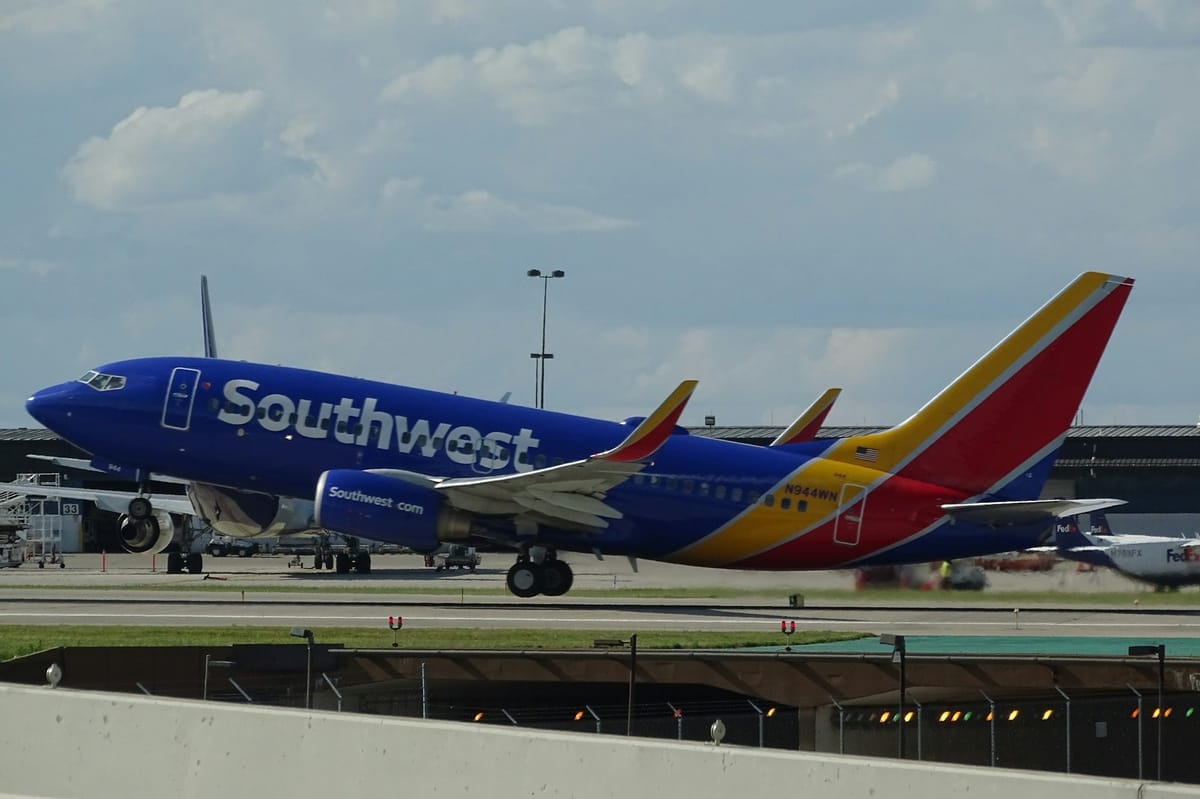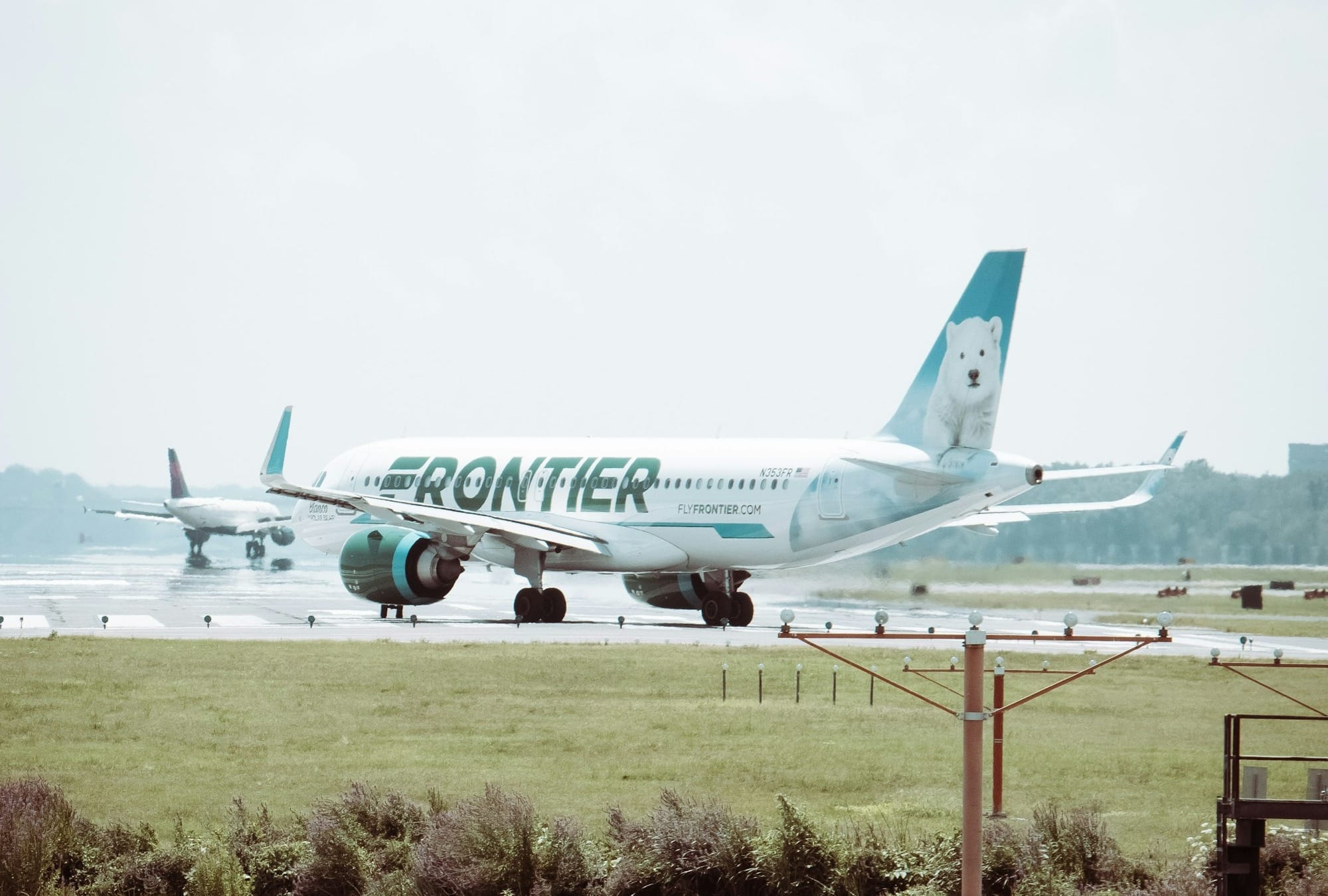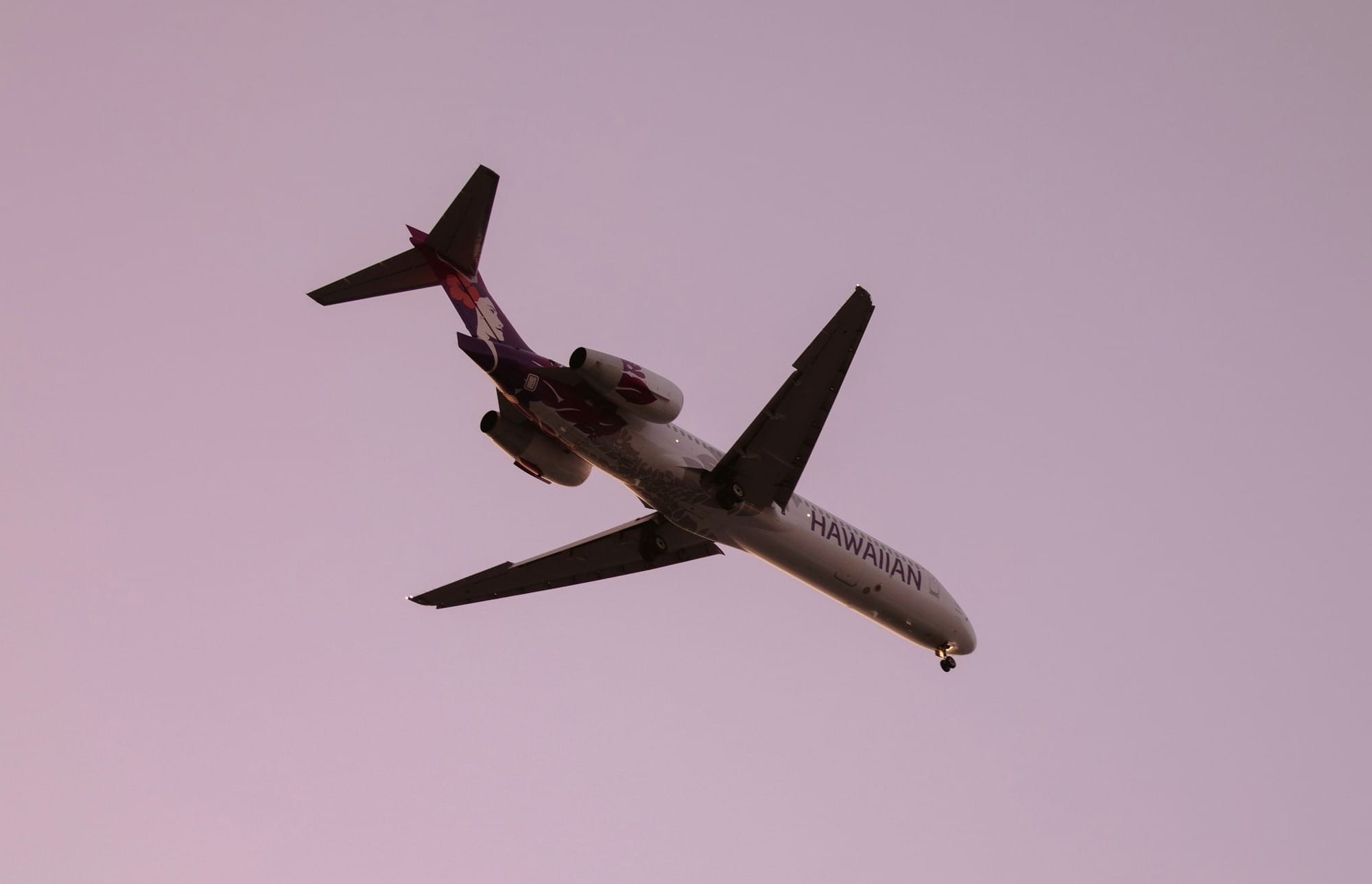Southwest Airlines Announces Major Fleet Expansion
Southwest Airlines, the largest low-cost carrier in the United States, has announced a significant expansion of its aircraft fleet to meet the growing demand for air travel.

Southwest Airlines Announces Major Fleet Expansion
Key Takeaways
- Southwest Airlines plans to add new Boeing 737 MAX aircraft to its fleet.
- The expansion aims to meet growing travel demand and improve fuel efficiency.
- The initiative supports Southwest's sustainability goals and competitive positioning.
Introduction
Southwest Airlines, the largest low-cost carrier in the United States, has announced a significant expansion of its aircraft fleet to meet the growing demand for air travel. This strategic move comes as the airline industry continues to recover from the impacts of the COVID-19 pandemic and positions Southwest for future growth in both domestic and international markets.
Fleet Expansion Details
The fleet expansion plan, unveiled by Southwest's CEO Bob Jordan during a recent investor presentation, involves the acquisition of new Boeing 737 MAX aircraft and the acceleration of existing orders. This ambitious initiative aims to modernize Southwest's fleet, increase capacity, and improve fuel efficiency across its network.
New Orders and Deliveries
According to the announcement, Southwest plans to add 100 firm orders for Boeing 737 MAX 7 aircraft, with options for an additional 100 planes. This is in addition to the airline's existing order book, which already includes a substantial number of 737 MAX aircraft. The new orders are scheduled for delivery between 2025 and 2028, allowing Southwest to phase in the new planes gradually while retiring older, less efficient aircraft.
CEO's Statement
Bob Jordan emphasized the importance of this fleet expansion, stating, "This investment in our fleet is a testament to our confidence in Southwest's future and our commitment to providing our customers with the most modern, fuel-efficient aircraft. As travel demand continues to rebound and grow, we're positioning Southwest to capture new opportunities and strengthen our network."
Strategic Focus on Boeing 737 MAX 7
The decision to focus on the Boeing 737 MAX 7 is in line with Southwest's long-standing strategy of operating an all-Boeing 737 fleet. This approach has allowed the airline to streamline its operations, reduce maintenance costs, and maintain flexibility in crew scheduling. The 737 MAX 7, the smallest variant in the MAX family, offers improved fuel efficiency and range compared to older 737 models, making it well-suited for Southwest's route network.
Industry Analysts' Perspective
Industry analysts view this fleet expansion positively. Helane Becker, an airline analyst at Cowen, commented, "Southwest's order demonstrates confidence in the recovery of air travel and positions the airline for long-term growth. The focus on fuel-efficient aircraft will help Southwest maintain its low-cost structure, which is crucial in the competitive airline industry."
Alignment with Growth Strategy
The timing of this fleet expansion aligns with Southwest's broader growth strategy. In recent months, the airline has announced several new routes and increased frequencies on existing services. For example, Southwest plans to launch new international routes from Chicago Midway to warm-weather destinations for the winter 2024-2025 season, as reported by Mighty Travels.
Commitment to Sustainability
Southwest's fleet expansion also reflects the airline's commitment to sustainability. The Boeing 737 MAX aircraft offer significant improvements in fuel efficiency and reduced emissions compared to previous generations of 737s. This aligns with Southwest's goal of achieving carbon neutrality by 2050, a commitment shared by many in the aviation industry.
Industry Trends and Challenges
The airline's focus on fleet modernization is part of a broader industry trend. As airlines recover from the pandemic, many are taking the opportunity to retire older, less efficient aircraft and replace them with newer models. This not only improves operational efficiency but also enhances the passenger experience with more modern interiors and amenities.
Supply Chain and Pilot Shortages
However, Southwest's fleet expansion is not without challenges. The global supply chain disruptions that have affected various industries have also impacted aircraft manufacturing. Boeing, like other aerospace manufacturers, has faced production delays and quality control issues in recent years. Southwest will need to work closely with Boeing to ensure timely deliveries of its new aircraft.
The airline industry also continues to grapple with pilot shortages, which could potentially impact Southwest's ability to fully utilize its expanded fleet. To address this, Southwest has been investing in its pilot recruitment and training programs. The airline recently announced plans to open a new crew base in Nashville in the second quarter of 2024, which will help support its growing operations.

Advertising
Enhancing Route Network
Southwest's fleet expansion comes at a time when the airline is also focusing on enhancing its route network. The carrier has been adding new routes and increasing frequencies on existing services to capitalize on the recovery in travel demand. For instance, Southwest recently announced the addition of four new routes for summer 2024, including services from Austin, Texas, to various destinations.
Domestic and International Growth
The airline's network strategy involves a mix of connecting major cities and serving smaller, underserved markets. This approach allows Southwest to maintain its strong presence in key markets while also tapping into new revenue opportunities. The additional aircraft from this fleet expansion will provide the flexibility needed to pursue this dual strategy effectively.
Southwest's expansion plans are not limited to the domestic market. The airline has been gradually increasing its international presence, particularly in Mexico and the Caribbean. As reported by Forbes, Southwest is set to expand its international flight paths to these regions starting June 4, 2024. The new aircraft will play a crucial role in supporting this international growth, offering the range and efficiency needed for these longer routes.
Competitive Positioning
The fleet expansion also has implications for Southwest's competitive position. As other major U.S. carriers like American Airlines pursue their own ambitious expansion plans, Southwest's investment in new aircraft will help the airline maintain its market share and competitive edge. The improved efficiency of the new planes could allow Southwest to offer even more competitive fares, a key factor in the airline's long-standing success.
Operational Planning
From an operational perspective, the introduction of new aircraft will require significant planning and coordination. Southwest will need to train pilots and maintenance crews on the new aircraft type, update its scheduling systems, and potentially modify some airport facilities to accommodate the new planes. However, the airline's experience with the 737 family should help streamline this process.
Financial Implications
The financial implications of this fleet expansion are substantial. While Southwest has not disclosed the exact value of the order, based on Boeing's list prices, the firm order for 100 737 MAX 7 aircraft could be worth over $7 billion. However, airlines typically negotiate significant discounts on large orders. Southwest's strong financial position, bolstered by its conservative approach during the pandemic, puts it in a good position to make this long-term investment.
Looking Ahead
Looking ahead, Southwest's fleet expansion sets the stage for the airline's growth over the next decade. As travel patterns continue to evolve post-pandemic, the additional capacity and flexibility provided by these new aircraft will allow Southwest to adapt to changing market conditions and customer preferences.
Conclusion
Southwest Airlines' announcement of a major fleet expansion represents a significant vote of confidence in the future of air travel. By investing in new, fuel-efficient aircraft, Southwest is positioning itself to meet growing travel demand, enhance its competitive position, and pursue its sustainability goals. While challenges remain, including supply chain issues and pilot shortages, this fleet expansion provides Southwest with the tools it needs to navigate the evolving aviation landscape and continue its legacy as a leading low-cost carrier.
As the airline industry continues to recover and evolve, Southwest's strategic fleet investment will be closely watched by competitors, investors, and industry observers alike. The success of this initiative could set a benchmark for fleet modernization and growth strategies in the post-pandemic era of aviation.
Q&A Section
Q: What types of aircraft is Southwest adding to its fleet?
A: Southwest is adding Boeing 737 MAX 7 aircraft to its fleet, with 100 firm orders and options for an additional 100 planes.
Q: When are the new aircraft scheduled for delivery?
A: The new aircraft are scheduled for delivery between 2025 and 2028.
Q: How does this fleet expansion align with Southwest's sustainability goals?
A: The Boeing 737 MAX aircraft offer significant improvements in fuel efficiency and reduced emissions, aligning with Southwest's goal of achieving carbon neutrality by 2050.
Q: What challenges does Southwest face with this fleet expansion?
A: Southwest faces challenges such as global supply chain disruptions affecting aircraft manufacturing and pilot shortages that could impact the utilization of the expanded fleet.
Q: How will the new aircraft support Southwest's route network?
A: The new aircraft will provide the capacity needed to support Southwest's expanding route network, including new domestic and international routes.
Q: What is the financial impact of this fleet expansion?
A: The firm order for 100 737 MAX 7 aircraft could be worth over $7 billion based on Boeing's list prices, though airlines typically negotiate significant discounts on large orders.








